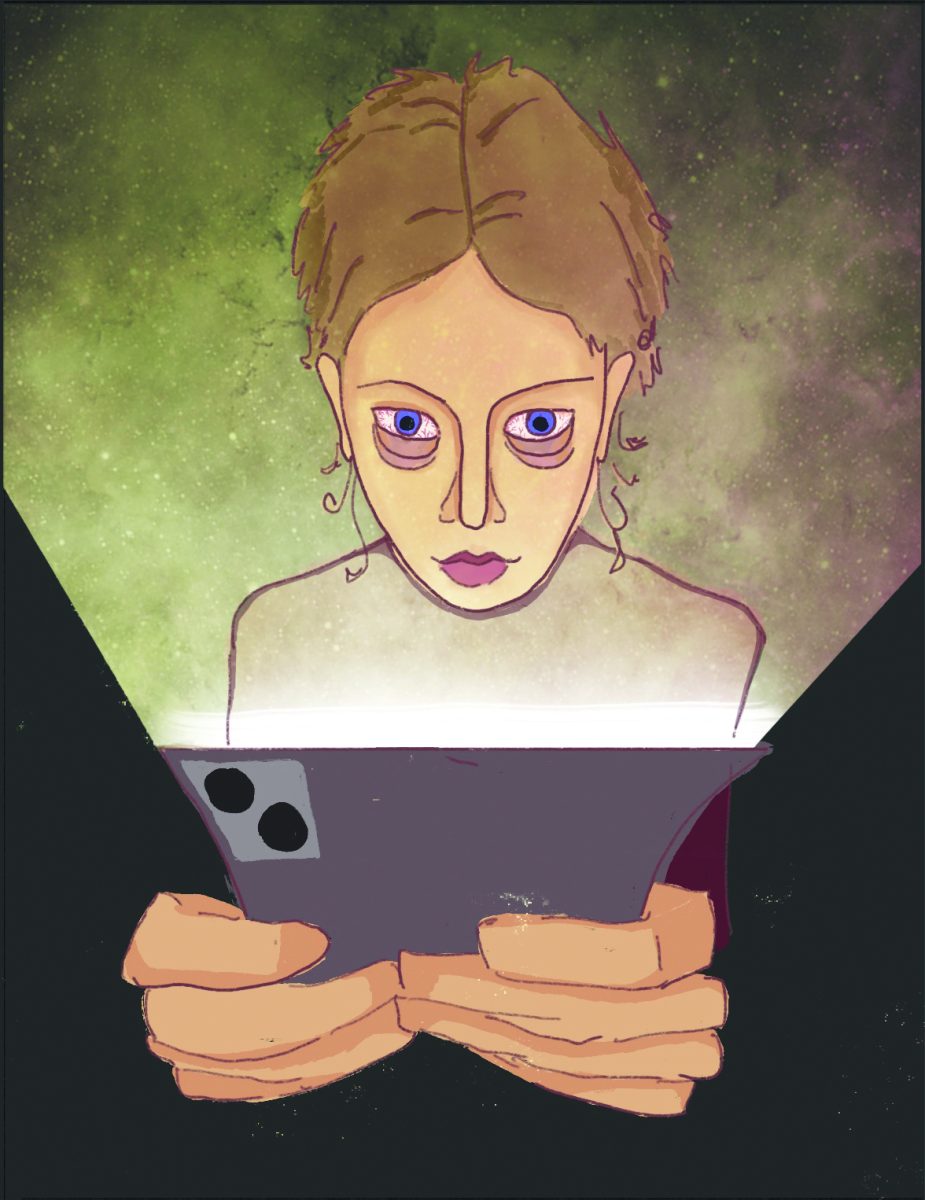By Alexis ’19

Travel is not always romantic and fun and full of “find yourself” moments like the movies and TV shows make it out to be, especially if you’re a person of color. Before I traveled this summer, a side of me was giddily expecting to have “Eat Pray Love” or “Call Me By Your Name” moments of “finding myself” and falling in love with a different culture, language and people. What I did not expect was that I would have a lot of moments of self-reflection regarding my race and its effects on my travels. None of this is to say that I didn’t enjoy myself, though. While I didn’t have quite the romantic overseas experience, I deeply appreciated my time in Italy and used it as a learning experience to learn about traveling as a person of color.
Toward the end of 2017, my mother began to save up money and airline miles to take my family on a trip to Italy. The trip was to be four weeks long and include the main cities of Italy, Rome, Florence, Venice and Milan, with some day-trips to small towns in the Tuscan hills like San Gimignano and Siena. We were very prepared to go on this trip, as we had saved up enough money, carefully packed our luggage and mentally readied ourselves to take in the beautifully unfamiliar landscapes.
I, however, was not prepared for all the remarks and looks I would get during the four weeks of our trip. As someone who is visibly Asian, or rather Filipino, I am used to getting looked at overseas. I understand that the stares are not necessarily a product of hostility as much as they are of naïveté and curiosity. I also tend not to let any experiences with bigotry deter me from enjoying my travels.
With that said, we all have a breaking point, and my limit was most certainly tested. As one may imagine, being called “Cinese” (which is Italian for “Chinese”), even though I’m obviously not Chinese, was pretty unpleasant. In one instance, a man in Rome yelled “Ni hao” at me from across the street, to which I, in rough Italian, responded, “Sono una Americana, non Cinese,” meaning “I’m American, not Chinese!” In another instance, a man in a Florence supermarket remarked about my family, “Look at these Cinese buying everything up.”
There was one outing in particular in which I remember receiving the most obvious discriminatory treatment. My mom and I joined a tour group to visit the Vatican Museum, and the guide was handing out headsets for us to listen to her as she described the artwork. She blatantly ignored me, even though she had given a headset to my mom and was passing more out to the rest of the group. To give context, I was the only obvious person of color within the group. I felt singled out, to say the least.
Adjusting to Italy and its culture took me more than half of my trip. I most certainly did not like being stared at on public transportation, in restaurants, in stores and just about everywhere. At one point, I sat in a café overlooking a Venice canal wondering if I should have just stayed at home. Would it have been better to be comfortable or would it ultimately be better for me to get used to being treated differently than I am in LA?
Now, after weeks of being back in LA, I’ve realized that I ultimately benefited from the discomfort I felt. Yes, it absolutely wasn’t fun getting looks of both naïveté and hostility every step I took in Italy, but no, I will not let my experiences with discrimination and ignorance deter me from going back. Italy is a deeply beautiful country, and since I was willing to endure the stares and remarks, I had an amazing time. Okay, maybe not as amazing as Liz Gilbert in “Eat Pray Love” or Elio in “Call Me by Your Name,” but I came close.




